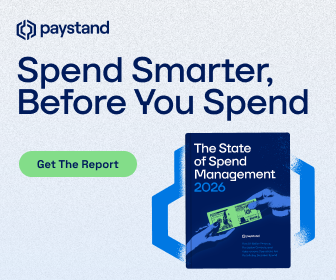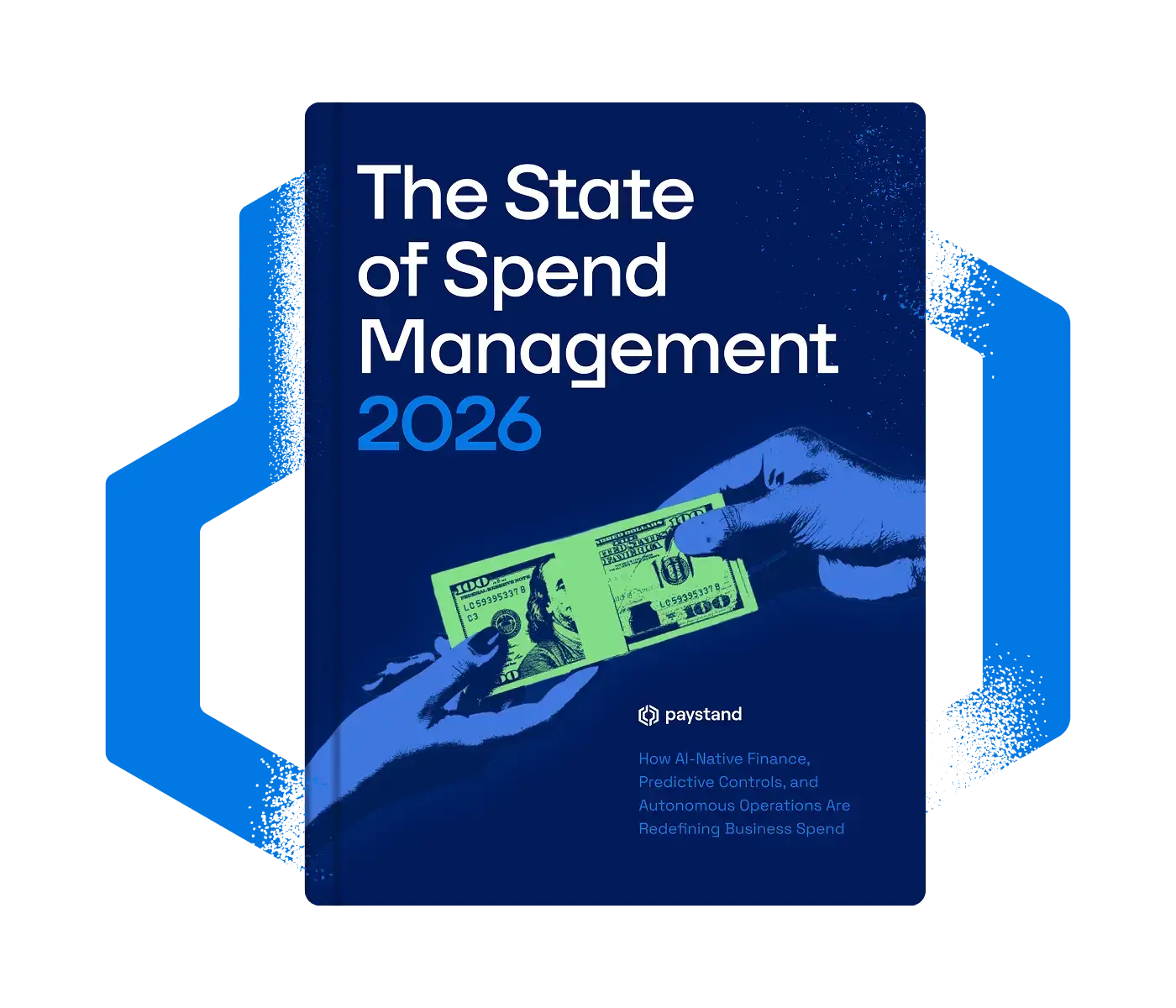It doesn’t sound incredibly complicated—people want to be surrounded with others similar to themselves. Unfortunately, for those in the accounting profession, it’s hard to find talent in the black and brown community, potentially pushing diversity and inclusion initiatives into a death spiral.
To put it simply, if diverse talent is leaving because of a lack of inclusion, there are fewer people available, making it even harder to create an inclusive environment. In a landscape as hard pressed to find talent already, this is concerning to say the least.
And the biggest concern? The spin out may already be starting. This according to a recent article from Accounting Today that notes that “diverse talent is leaving the profession due to a lack of inclusion.”
Preventing the Homogeneity Death Spiral in Diversity Initiatives
Citing a recent session at an Institute of Management Accountants conference, a recent survey found that 49 percent of respondents from each of the study’s three focus areas — race, gender, and LGBTQIA — left a company due to “a lack of equitable treatment,” with an average of 40 percent leaving due to an overall “lack of inclusion.”
From the bullpen to the boardroom, this lack of representation is a problem—especially as professionals climb the ladder:
- Men comprise 77 percent of partners in accounting or finance functions at U.S. CPA firms.
- More than 90 percent of the profession’s executive leadership White.
The problem with these numbers? It’s believed that there is a pool of talent who can fill the shoes. As cited by Accounting Today, 62 percent of the U.S. accounting profession is female, 9 percent Hispanic/Latino, 8.5 percent Black/African-American, and 12 percent Asian.
With a growing skills gap and a very tepid interest among high school and college students, the problem is that many could be scared away from the profession early on in life, as “experts agreed that while diversity is making headway across the profession, an outside observer wouldn’t be able to tell.
The Importance of Mentorship and Facilitating Network Growth
Something noted in the IMA panel and in our very own webcast titled the Black C-Suite, one of the biggest paths to inclusion is mentorship. Built to bridge the gap between underrepresented minorities in the profession and senior leadership, mentorship can help everyone—but especially help those feeling left out or underrepresented.
“We have to be careful that we assume that the problem is someone else’s responsibility; the responsibility belongs to all of us,” said Alan Johnson, president at IFAC. “I was mentored, and that told me, ‘I can make a difference.’ We need to be agents of change as well; we can’t just leave it to the top.”
The key to making this happen is to be more welcoming and to create networks that allow talent to grow. As highlighted by our friend Shannon Nash, founder and chair of the National Society of Black CPAs,
“If you’re not in networks, you’re excluded,” added Nash. “A lot of this has to do with, as senior leaders, are we reaching out to people who don’t look like us? … If we don’t do something now, when will we do something?”
Learn More and Reach Out: On-Demand Webcast and Peer Roundtables
Creating a welcoming environment can go a long way in pushing the profession forward. People want to see similar faces to their own and want to feel like there are opportunities available for them. But where can your company start?
On-Demand Webcast: The Black C-Suite: Challenges and Opportunities
The Black C-Suite: Challenges and Opportunities features three black executives that will share experiences in their journey to the C-Suite, while the panel will discuss ideas and solutions for improving representation. Click here to watch on demand.
Peer Roundtables: Your Path to Connection
Controllers Council has a number of Peer Roundtables for member participation, networking, leadership, and peer engagement. Members can simply join a Roundtable via the application below. Depending on size of the Roundtable, leadership opportunities include Chairperson, Co-Chairperson, Secretary, and other roles. Controllers Council will provide guidelines for Roundtable management.
If you’re looking to make an impact on the controller community, we’d love to have you. Click here to learn more about our Roundtables and apply today.




